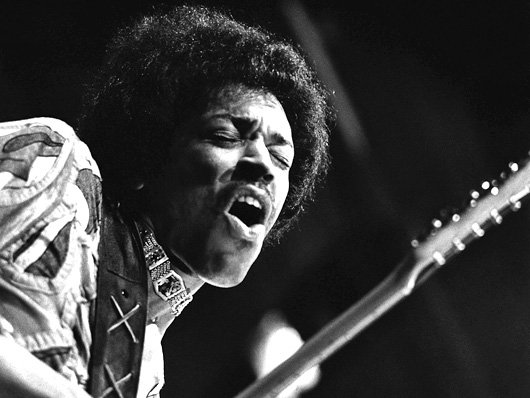Ooooh, man, this is definitely one of those don't-try-this-at-home situations.
I wonder if he had some of what Sen. Max Bacchus is having?
What's up with that?
###
Never mind the fact that some 23 year-old guy named Umar Farouk Abdulmutallab got busted on a transcontinental flight trying to light up some powder in his underdrawers, powder that turned out to be a high explosive. Never mind the fact the guy was a Muslim from Nigeria with probable al-Quaeda ties, and was on the antiterrorism watch list. And was waved onto the flight without showing his passport.It seems that, as the plane approached Detroit, Abdulmutallab went to the aircraft's bathroom for approximately 20 minutes. When he returned to his seat, he said he had an upset stomach and pulled a blanket over himself. And waited until it was time to set things off.
The passengers on Northwest Flight 253 did a better job of flight security than the Transportation Security Administration (TSA) ever could. They caught up with Abdulmutallab -- he was easy to pick out because of the flames shooting out of his pants -- and proceeded to knock the fool out of him.One of the most glaring problems with Homeland Security is that it's reactive in scope. Every time something happens, there's a new rule. After Richard Reid was busted trying to light up his shoes, the TSA started having airline passengers take off their shoes as part of the check-in drill. More prohibitions started as more threats developed, and the whole process has succeeded in turning air travel into something you mentally prepare for, like a colonoscopy (why did I use that analogy?)
Here's a happy thought: After Reid, passengers were asked to remove their shoes. Now that Abdulmutallab was caught with exploding underdrawers, is the TSA going to ask passengers to remove their ... never mind.
But I feel better knowing the system works. Janet Napolitano said so.
###
To many, either it's bluegrass or it's not. Read about it in The Jam Session, Reloaded.
###
###
###
From The New York Post, by way of Fox News:
... A career criminal who slaughtered three members of a family in their apartment in New York's trendy Upper West Side Thursday plunged to his death after tripping over his baggy pants ...
According to police, gunman Hector Quinones shot 24-year-old Carlos Rodriguez Jr. and his father, and stabbed Rodriguez' grandfather to death. Quinones then lunged after 49-year-old Gisela Rodriguez, he tripped over his pants.
It gets better:
... fleeing empty-handed, Quinones ditched his gun, a .380-caliber semiautomatic pistol loaded with hollow-point bullets, and made a dash down a rear fire escape. But again, his low-slung pants fell to his ankles, tripping him and sending him falling three stories to his death, authorities said ...
See, there is justice.
###
###
 There's no question information bombards us from all sides every waking hour, every day. But what's interesting is exactly how much information we consume.
There's no question information bombards us from all sides every waking hour, every day. But what's interesting is exactly how much information we consume.###
Chained to your cubicle or held prisoner by your computer?
Can't get out?
Don't even known if it's raining outside?
What a miserable existence that is ... but there's a program for that. Read about it in The Workbench, Reloaded.
###
###
###
A couple of obvious red flags. The letter did not come from his personal email box, but from mr.frankies@att.net -- and it's sent to "undisclosed recipients." Even inspecting the source HTML code of the letter doesn't provide any more information than that.
###
'Nuff said. It's in beta, so this is my chance to break something.
Try it with me.
Willie Nelson is 76 years old now, and still performing with his longtime harmonica player Mickey Raphael. Read more about it in The Jam Session, Reloaded.
###
###
 If it sounds like I'm dancing on the grave of the newspaper industry, you may be right. But while the industry isn't quite dead yet, the Dallas Morning News is shoving it in its own coffin.
If it sounds like I'm dancing on the grave of the newspaper industry, you may be right. But while the industry isn't quite dead yet, the Dallas Morning News is shoving it in its own coffin.
